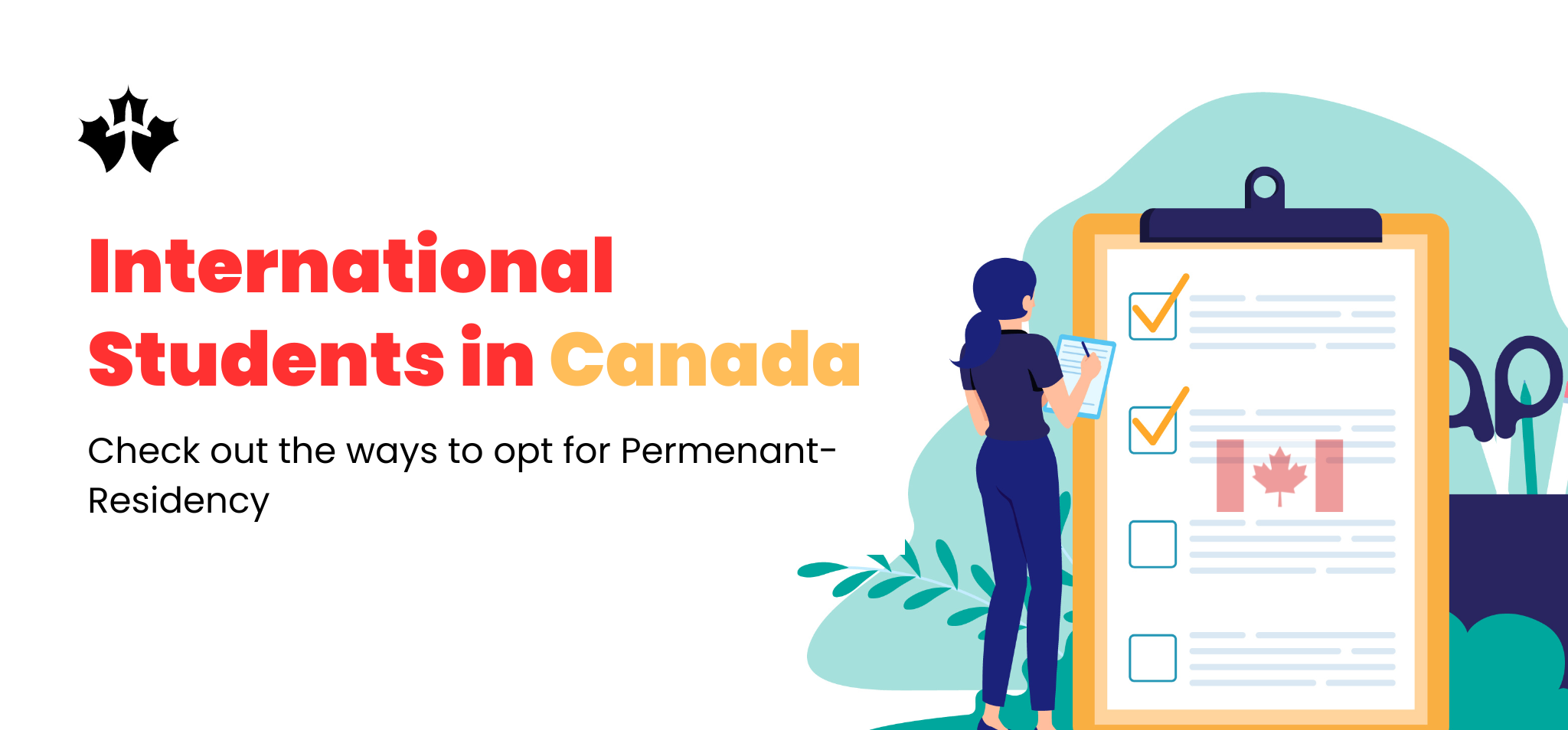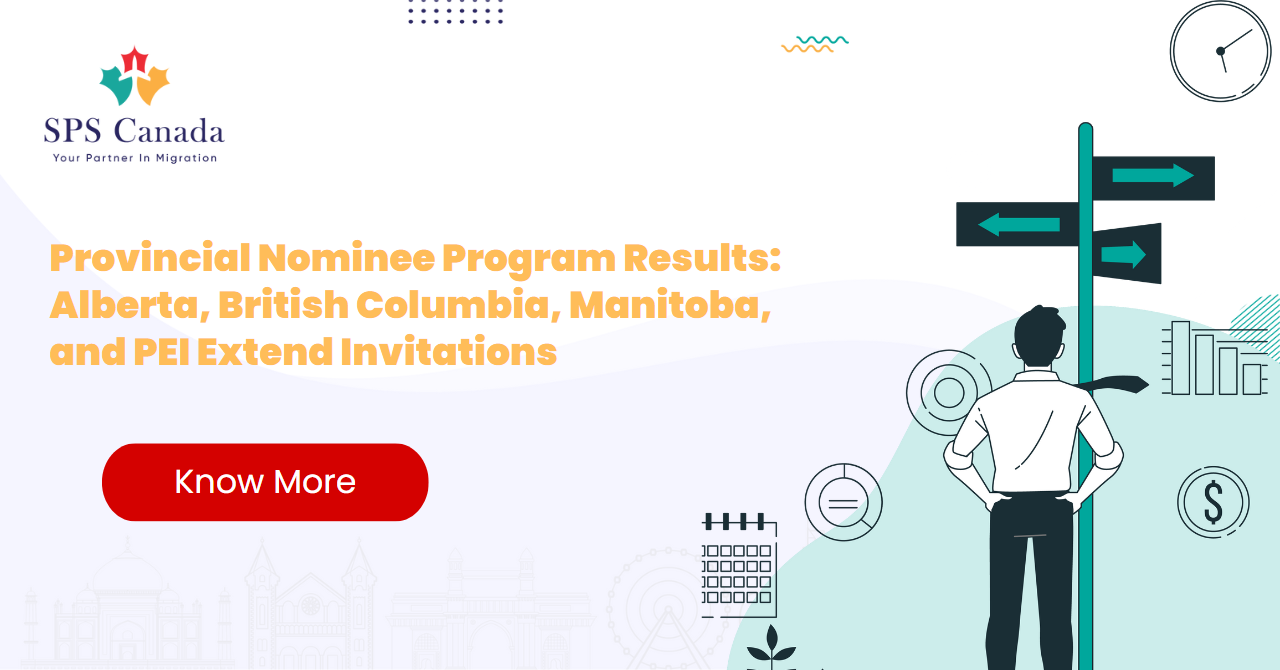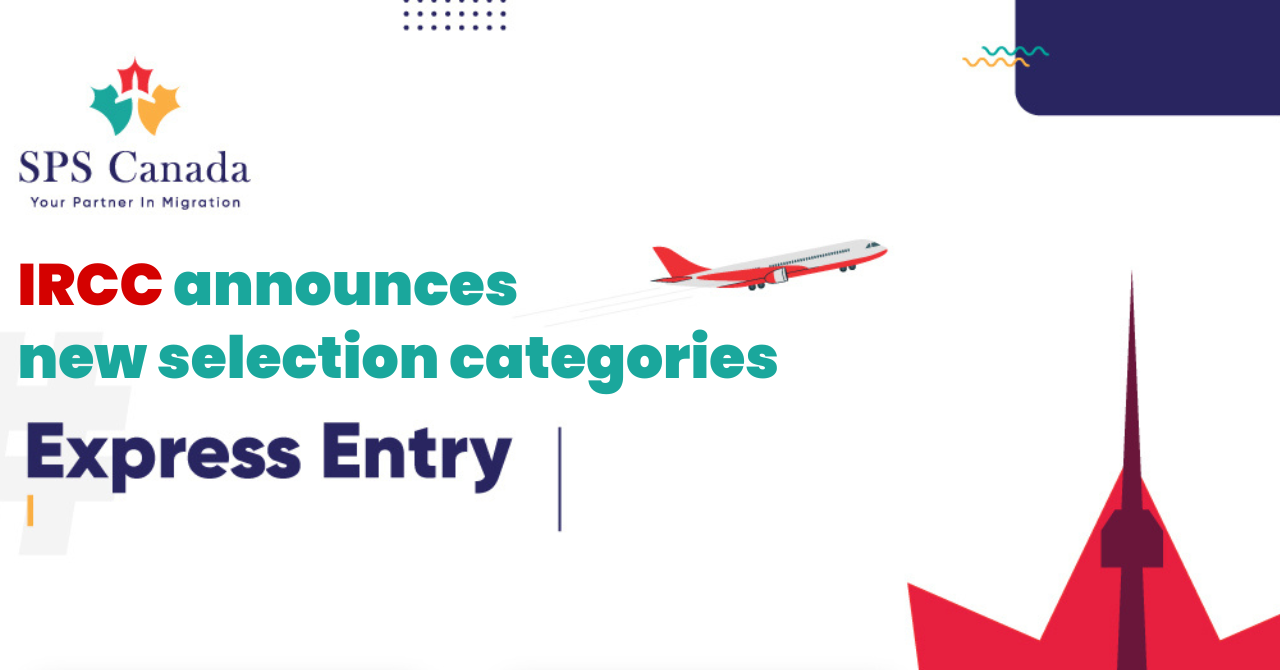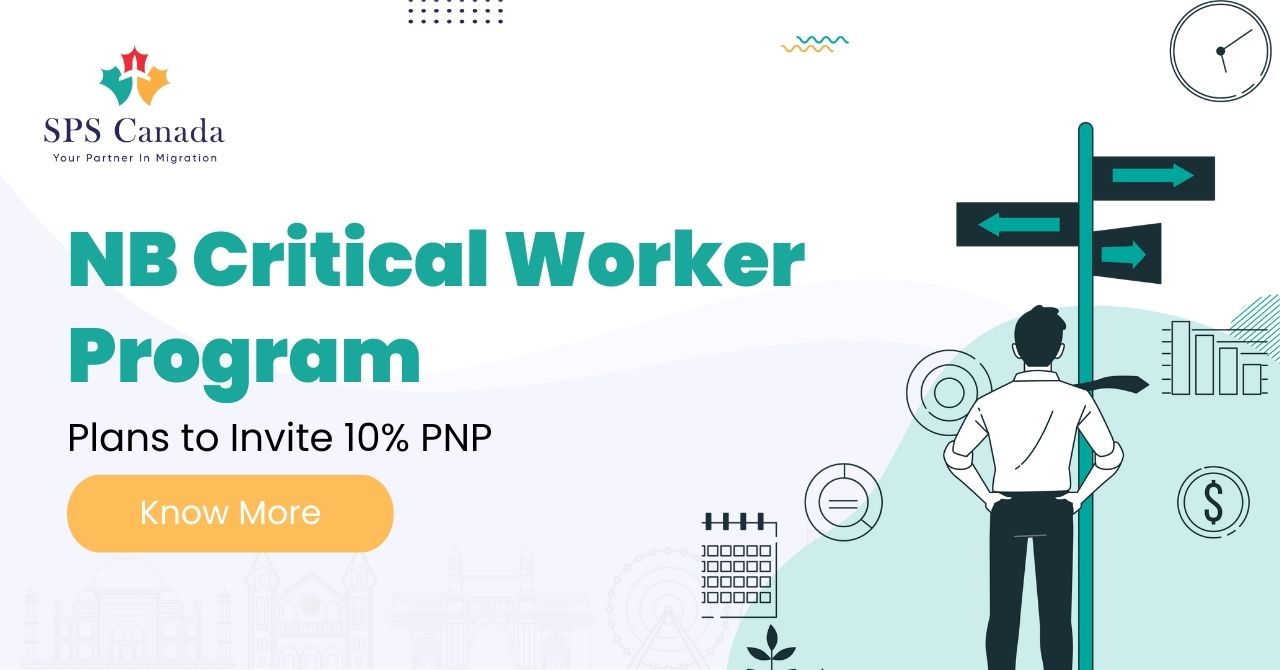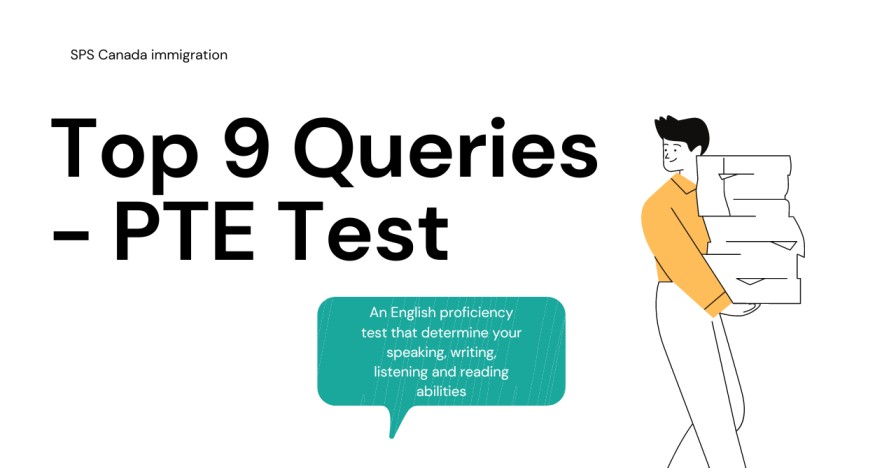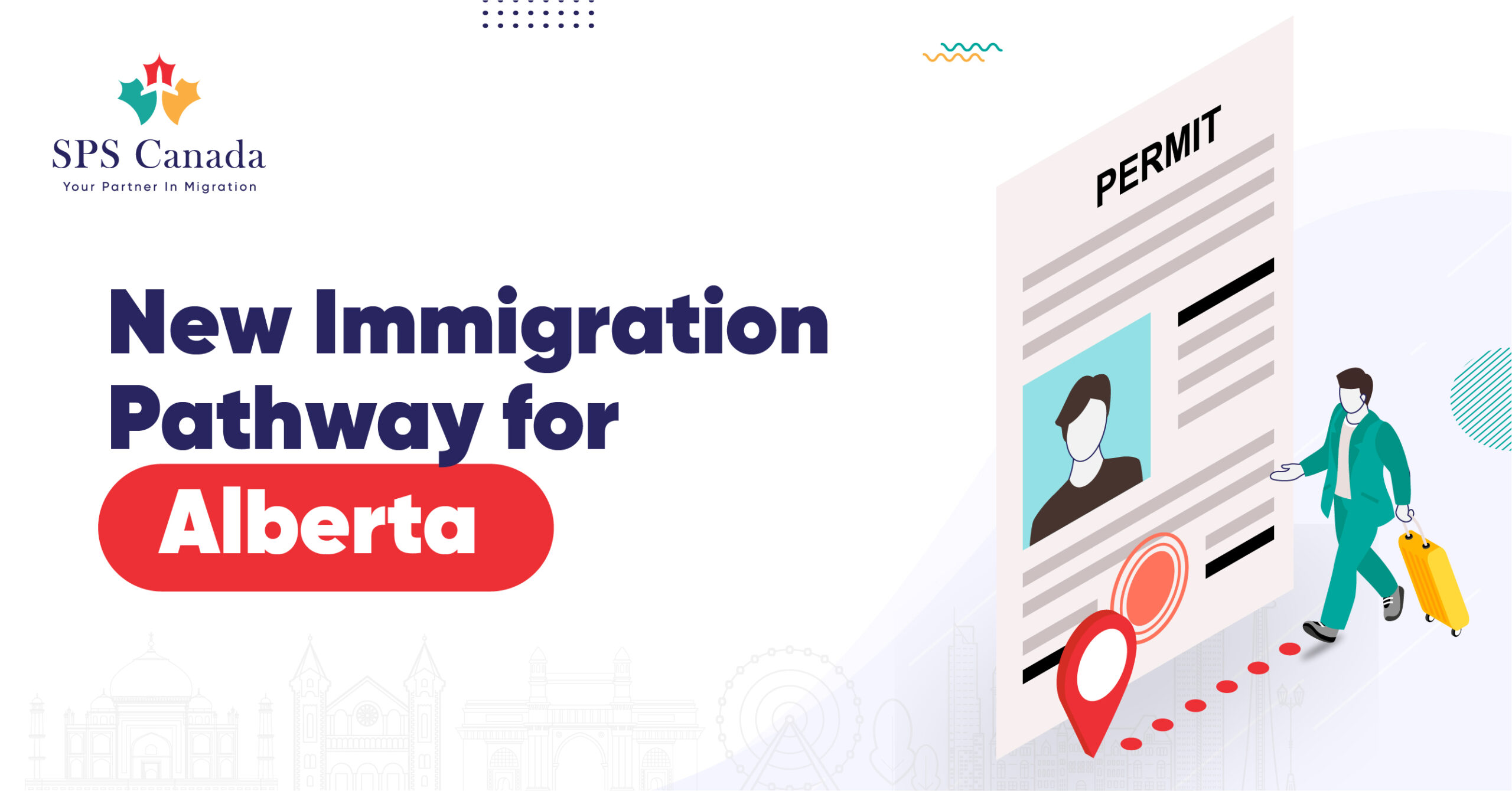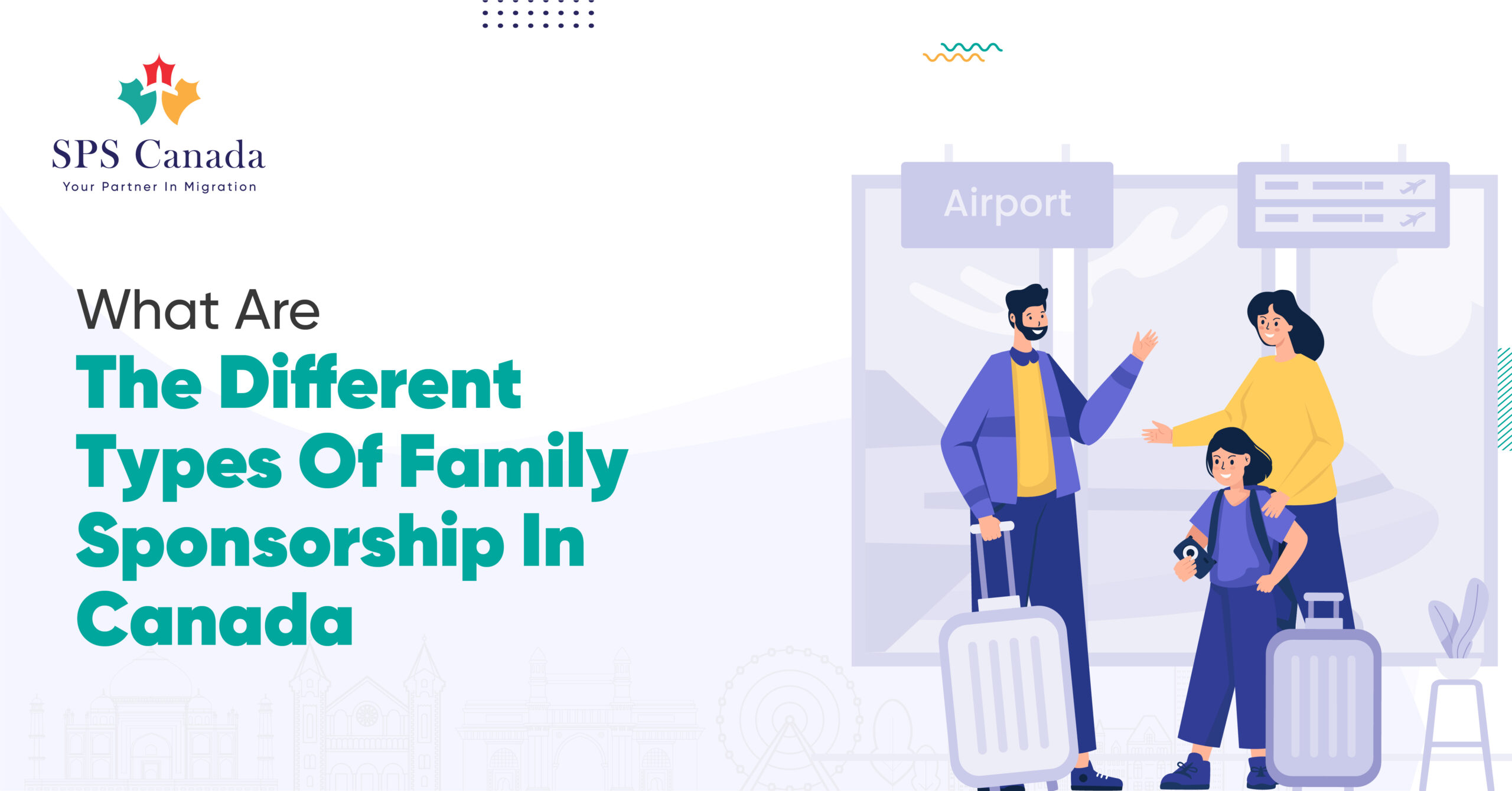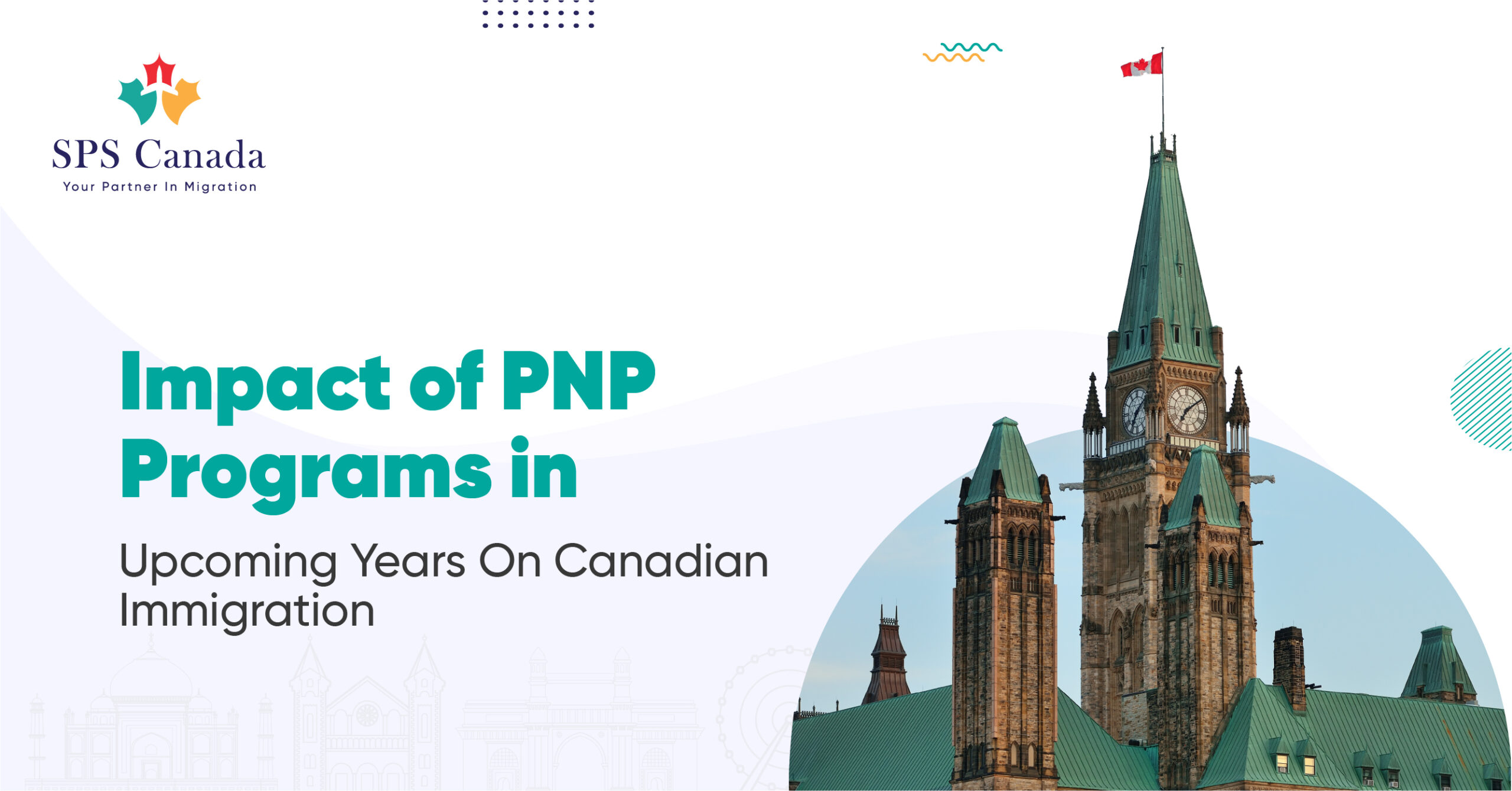According to Canadian Bureau for International Education, there are 807,750 international students in Canada at all levels of study at the end of 2022. Out of which 60% of international students plan to apply for permanent residence in Canada.
With a welcoming attitude towards immigrants and a strong economy, Canada provides several options for international students to obtain Permanent Residence (PR) after completing their studies.
One of the most common questions among international students in Canada is “How they can apply for PR”. Fortunately, Canada provides various options for international students to get PR. Let’s take a closer look at the requirements and options available.
Express Entry System:
The Express Entry system is a popular option for international students to get PR in Canada. It is a points-based system that ranks candidates based on factors such as age, education, language proficiency, and work experience. International students with Canadian degrees or diplomas are awarded extra points, making it easier for them to qualify for PR.
Canadian Experience Class
The Canadian Experience Class (CEC) is a program designed for those who have at least one year of work experience in Canada. International students who have completed their studies and gained work experience in Canada can apply for PR through this program.
Federal Skilled Worker Class
If you have skilled work experience abroad, you can also qualify to enter the Express Entry pool as a Federal Skilled Worker (FSW) while studying. To be eligible, you must achieve a minimum of 67 points on a grid that evaluates your age, language proficiency, work experience, job offer in Canada, and certain adaptability factors, including previous education in Canada.
Federal Skilled Trades Class
The Federal Skilled Trades Class Program is for skilled workers who want to become permanent residents based on being qualified in a skilled trade.
There is no education requirement for the Federal Skilled Trades Program. But, if you have valid educational qualification, it will improve your rank in the Express Entry pool. After completing your graduation, to be eligible for this program you must meet the language requirements and have at least 2 years of full-time work experience (or an equal amount of part-time work experience) in a skilled trade within the 5 years before you apply. Candidate should also have a valid job offer of full-time employment for a total period of at least 1 year or certificate of qualification in that skilled trade issued by a Canadian provincial, territorial or federal authority. You must meet the job requirements for that skilled trade as set out in the TEER NOC, except for needing a certificate of qualification.
Provincial Nominee Programs (PNPs):
Provincial Nominee Programs (PNPs) are designed to meet the labor market needs of each province. International students who have studied in a particular province and have a job offer or experience in that province can apply for PR through PNPs. Some PNPs also offer dedicated streams for international graduates, making it easier for them to qualify for PR.
Alberta Immigrant Nominee Program (AINP) – International graduates could apply to the Alberta Immigrant Nominee Program (AINP) through the Alberta Opportunity stream if they graduated from an approved Alberta post-secondary institution and are working on a post-graduation work permit.
British Columbia – It has two popular international graduate and international post-graduate categories aligned with Express Entry, which welcome applications from graduates of Canadian colleges and universities in BC in the last three years, if they have a job offer in BC and meet other criteria.
- BC Skills Immigration: international graduate category
- BC Skills Immigration: international post-graduate category
Manitoba – Manitoba has the International Education stream of the Manitoba Provincial Nominee Program (MPNP) that benefits international students and graduates in Manitoba. Some graduates under the Graduate Internship Pathway do not require a job offer from an employer in Manitoba, while other graduates will require such an offer.
New Brunswick – The New Brunswick Provincial Nominee Program (NB PNP) gives priority to international graduates who have completed their studies in the province under its Express Entry stream. Check out our PR Pathways open for International Students in New Brunswick blog for more details.
Newfoundland and Labrador – The Newfoundland and Labrador Provincial Nominee Program (NLPNP) provides a International Graduate category for recent graduates who possess a post-graduation work permit and have a job or job offer from an employer in Newfoundland and Labrador. It’s also essential for graduates to be aware of the NLPNP Express Entry Skilled Worker category, which awards extra points for individuals with prior education in the province.
Nova Scotia – Nova Scotia offers a range of immigration streams benefiting students and graduates, gives priority to international graduates who have completed their studies in the province under the Nova Scotia Experience: Express Entry stream, International Graduates in Demand and the NSNP International Graduate Entrepreneur stream.
Ontario – Ontario offers international students and graduates with a job offer the chance to permanently live and work in the province through its Ontario Immigrant Nominee Program (OINP).
- OINP Employer Job Offer: International Student stream
- ONIP: International Master’s stream
- ONIP: International PhD stream
Prince Edward Island (PEI) – International graduates from accredited PEI post-secondary institutions who are currently working in PEI are eligible to apply for a nomination through the International Graduate stream of the Prince Edward Island Provincial Nominee Program (PEI PNP).
Saskatchewan – Saskatchewan helps students and graduates of institutions across Canada to become permanent residents in the province through the Saskatchewan Experience stream of the Saskatchewan Immigrant Nominee Program (SINP).
Family Sponsorship:
International students who have family members, such as a spouse, common-law partner, or parents, who are Canadian citizens or PR holders, can apply for PR through family sponsorship. Check out our What are the different types of family Sponsorship in Canada blog for more details.
It is important to note that each program has different detailed requirements, and meeting the minimum requirements alone is not a guarantee of success. International students who plan their studies and career path with the goal of obtaining PR in mind can significantly increase their chances of success. It is important to explore each option and choose the one that best fits your situation, with the help of SPSCanada Immigration you can find the suitable options ahead for your specific needs and goals.
To have your profile evaluated and receive professional advice on any of your questions regarding Canadian immigration, get in touch with us experienced immigration consultants from SPSCanada. For additional information, contact support@spscanada.com (Canada), support.amd@spscanada.com (Ahmedabad), or by phone at (1) 905-362-9393 (Canada) or +91 9586 226232 (Ahmedabad).


